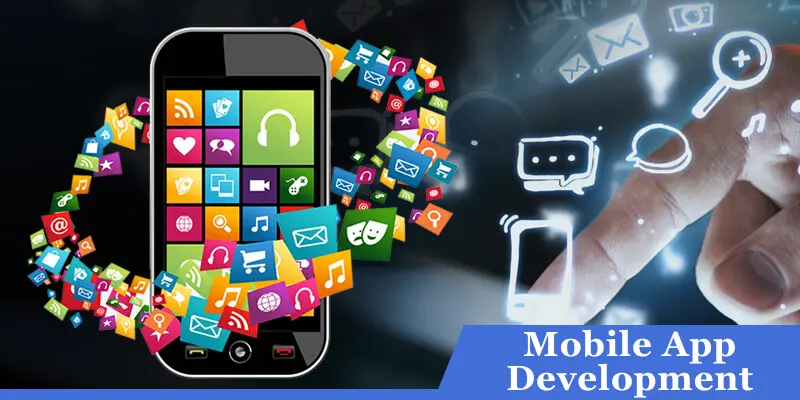Mobile app development is an ever-evolving landscape driven by technological advancements and changing user preferences. Staying ahead of the curve is crucial for developers to create innovative and successful mobile applications. This blog post will explore 10 trends and technologies of mobile app development and shaping the industry’s future. If you seek guidance from Mobile App Development Courses in Chennai offered by FITA Academy, understanding these trends is essential for staying competitive.
5G Technology
The rollout of 5G networks is set to revolutionize mobile app development by enabling faster data speeds and lower latency. Developers can leverage 5G to create more immersive experiences, such as augmented reality (AR) and virtual reality (VR) apps, and deliver content-rich applications with seamless performance.
Progressive Web Apps (PWAs)
PWAs combine the best of web and mobile apps, offering users a fast, reliable, and engaging experience. With features like offline access and push notifications, PWAs are gaining popularity among developers as a cost-effective and efficient solution for delivering cross-platform experiences.
Internet of Things (IoT) Integration
The proliferation of IoT devices is opening up new possibilities for mobile app development. Developers can integrate IoT technology into their applications to enable seamless communication between devices, allowing users to control smart home appliances, wearables, and other connected devices from their mobile devices.
Artificial Intelligence (AI) and Machine Learning (ML)
AI and ML technologies are transforming mobile app development by enabling personalized user experiences, predictive analytics, and intelligent automation. From chatbots and virtual assistants to recommendation engines and image recognition, AI-powered features are becoming increasingly common in mobile applications.
Augmented Reality (AR) and Virtual Reality (VR)
AR and VR technologies are revolutionizing how users interact with mobile apps, offering immersive and interactive experiences. Developers leverage AR and VR to create innovative applications that blur the lines between the physical and digital worlds, from gaming to entertainment to retail and education. For individuals interested in mastering the implementation of AR and VR in mobile app development, enrolling in a Mobile App Development Course Online can provide comprehensive training and guidance on harnessing these technologies effectively.
Cross-Platform Development Frameworks
Cross-platform development frameworks like React Native, Flutter, and Xamarin are gaining popularity among developers because they can streamline the app development process and reduce time to market. These frameworks allow developers to write code once and deploy it across multiple platforms, saving time and resources.
Voice Interface and Natural Language Processing (NLP)
The rise of voice-controlled devices and virtual assistants has increased demand for voice-enabled mobile applications. Developers are incorporating voice interface and NLP technologies into their apps to provide hands-free interaction and improve user accessibility.
Edge Computing
Edge computing brings processing power closer to the data source, enabling faster response times and reducing latency for mobile applications. Developers can create more responsive and efficient apps by offloading computation and storage to edge devices. This approach is particularly beneficial for latency-sensitive use cases like gaming and real-time analytics.
Blockchain Technology
Blockchain technology is finding applications beyond cryptocurrency, with potential use cases in mobile app development. Developers are exploring blockchain for secure transactions, identity management, supply chain tracking, and decentralized applications (DApps), offering users greater transparency, security, and trust.
Low-Code/No-Code Development Platforms
Low-code and no-code development platforms empower citizen developers and business users to create mobile applications without extensive coding knowledge. These platforms offer drag-and-drop interfaces, pre-built templates, and visual development tools, democratizing app development and accelerating time-to-market. For those looking to enhance their skills further, enrolling in a Training Institute in Chennai can provide valuable guidance and instruction on utilizing these platforms effectively to develop robust and innovative mobile applications.
Also Check: Why is Java highly suitable for Mobile Application?
